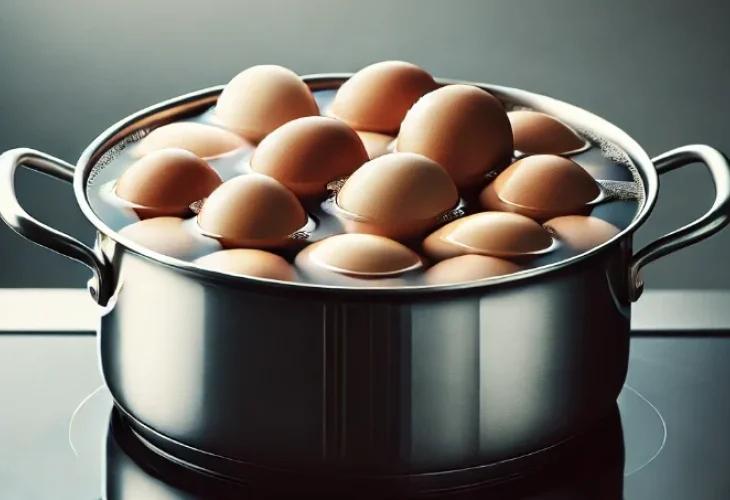Health and Nutrition
Why You Should Never Wash Eggs Before Cooking
Washing eggs may do more harm than good — learn the safe way to handle and cook eggs properly

Many of us wash eggs before cooking with the assumption that it removes dirt and bacteria from the shell. However, health experts and authorities warn that this habit may actually increase the risk of bacterial contamination, particularly from Salmonella.
Why is it so dangerous?
An eggshell is porous, allowing the exchange of gas between the inside of the egg and its environment. When an egg is laid, it’s coated with a thin layer called the cuticle, which serves as a natural barrier against bacteria. Washing the egg can remove this protective layer, leaving the shell exposed to contaminants. If you wash an egg, especially with warm water, bacteria from the environment can penetrate through the pores and reach the inside of the egg. As a result, instead of reducing risk, washing eggs can actually cause internal contamination.
Safe Egg Handling Tips:
To reduce contamination risk, it is recommended to:
- Store eggs in the refrigerator at a stable temperature (not in the fridge door, where the temperature fluctuates).
- Avoid using cracked or visibly dirty eggs, as they may already be contaminated.
- Cook eggs thoroughly until both the white and yolk are firm, which kills any harmful bacteria that may be present.

